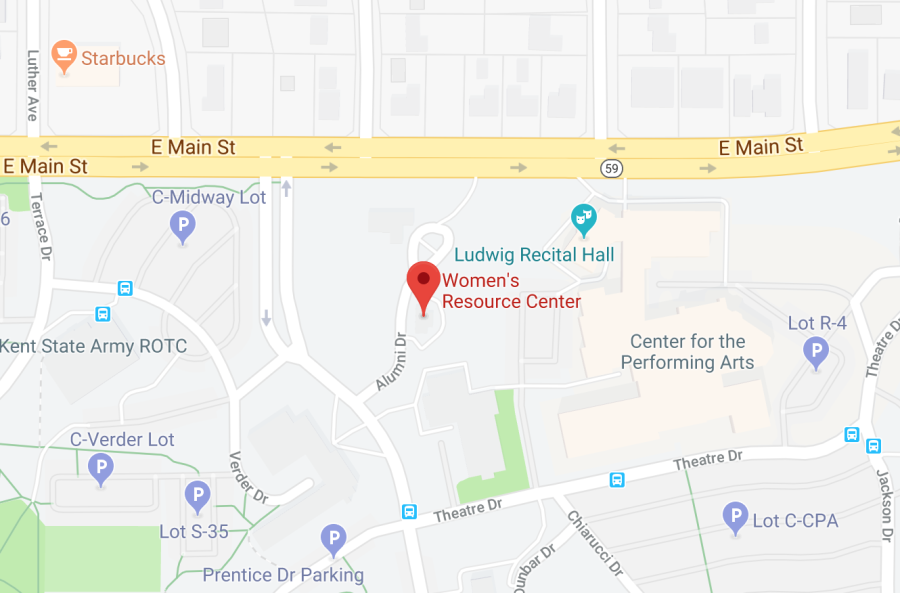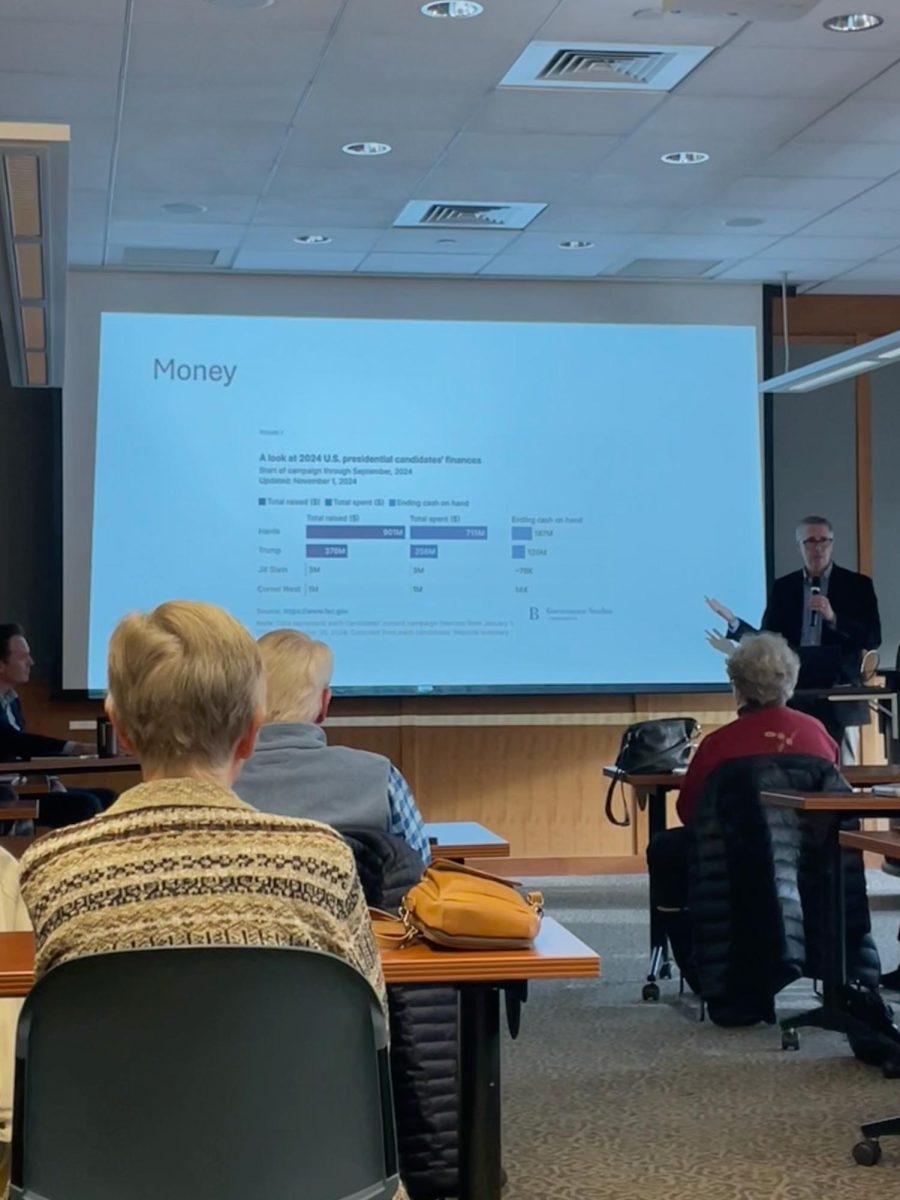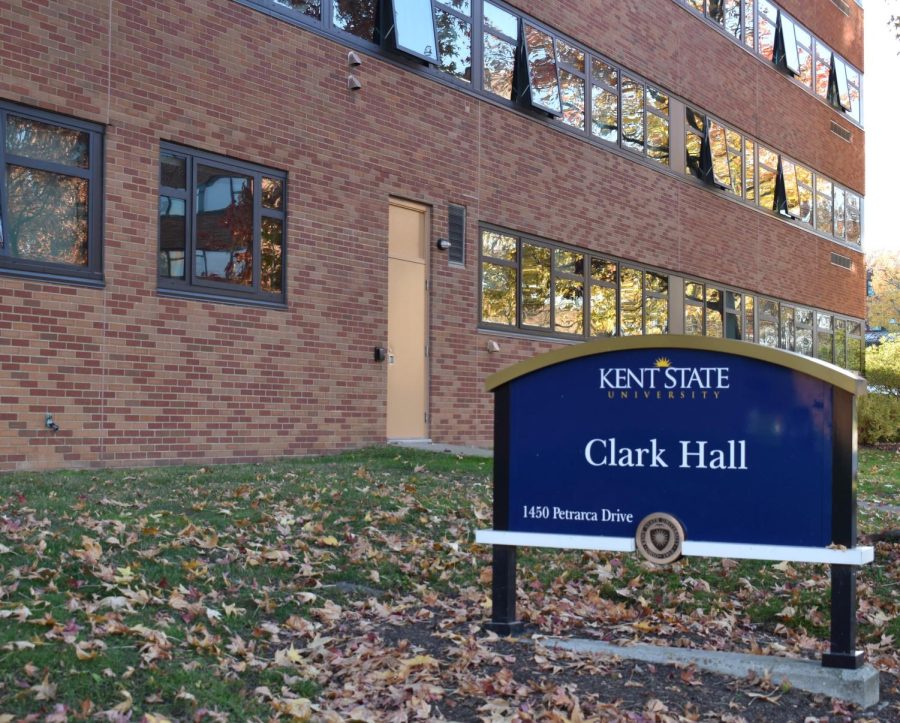The university’s release of the 2023 Annual Security Report has started critical conversations within the community. Under the Clery Act, college campuses are required to publish an Annual Security Report each year. The purpose of the act is to provide transparency around campus crime, policies and procedures.
While the report does not indicate an explicit increase in sexual assaults, it shows the importance of dialogue and advocacy for survivors. In 2020, the university reported four instances of rape and seven instances of fondling. In 2021, the university reported 16 instances of rape and 10 instances of fondling on campus.
Suzanne Holt, a longtime faculty member of the women’s studies department, provides valuable insights into the complexities of rape culture. Drawing from her personal experiences as well as her academic background, Holt said there is importance in addressing the realities of sexual violence.
“Rape culture is real. The people are real. They have names. The rapes were real. They took place on this Earth, in person, embodied. The pain was real. The blood was real. The violation was real, and the aftermath was real. If we’re not talking about that reality then we’re not talking about rape culture,” Holt said.
Holt said that if the thing that bothers society most about rape culture is the indictment of men, then society must say the men aren’t the ones being indicted. Rather the culture is being indicted for taking a boy and making him into a rapist.
“There are very few boys that would naturally be a fighting machine that would sacrifice their lives on a battlefield. But if you put them through basic training, and you give them a sergeant and you give them a uniform and a gun, and you put them through drills the next thing you know, you’ve made a soldier,” Holt said. “ It’s interesting to think of rape culture that way. We’re actually in some ways training and cultivating guys that are willing to do that and to some extent in extremes, we’re willing, as a culture, to take that chance by not examining a culture out of which this sort of perpetrator continues to emerge.”
While Holt’s perspective challenges societal norms and discusses the underlying behaviors that are continuing sexual violence, she acknowledges other genders face the same adversity.
Holt said society has nurtured sexual violence for way too long, creating an environment in which sexual violence has been able to survive and thrive.
“If you want to know what’s cultivating rape and rape culture, you can’t just think about it. You better go out and look at it. You better listen to the women that are telling you about it and listen to anyone that’s been victimized. You better work with the police. You better get inside a shelter. You better go to the war zones. At least collect that information because that’s the actual process of cultivating rape,” Holt said.
The university’s commitment to supporting survivors is evident through the work of the Center for Sexual and Relationship Violence Support Services (SRVSS). Located in the Williamson House, the SRVSS provides a range of services, including prevention education, awareness and advocacy support.
Director Jennifer O’Connell, alongside Assistant Director Yvette Roberts and Program Coordinator Julius Payne, emphasize the importance of creating a campus culture rooted in respect, consent, support and empowerment.
“[SRVSS sees an increase of students] in the fall, when school starts between probably September through the end of October. We see a number of students coming in for support services, or you know, sometimes to talk where they might have a friend who might be experiencing an uncomfortable situation and they want to support their friend, so they come in seeking information,” Roberts said.
Payne also regularly educates students as well as the community on sexual violence issues. Payne emphasizes the importance of paying attention to verbal and nonverbal cues.
“Consent is a mutual agreement to sexual activity or any activity that you’re doing. It is given with an enthusiastic ‘yes.’” Payne said.
The SRVSS plans to release their next calendar of events for next week. Roberts said that the upcoming “What Were You Wearing?” exhibit will be available to view from April 8-12. The organization remains to share their mission to raise awareness and share dialogue around sexual violence issues. The SRVSS can be contacted for help in person, through phone or email.
The voices of individuals within the community serve as catalysts for change. According to the National Sexual Violence Resource Center, one in five women will experience assault during their lifetime. Additionally, RAINN (Rape, Abuse & Incest National Network) indicates that 20% of female student victims ages 18 to 24 will report their abuse to law enforcement.
The release of the Annual Security Report serves as an opportunity to engage in important conversation. The SRVSS as well as the women’s studies department reassure their commitment to addressing sexual violence and creating a community that is rooted in safety, support and advocacy.
“One of the things I grew up with was this daunting saying that ‘All is fair in love and war’ and I think a lot of people have believed that in the world, as is, violence is a necessary part of human existence. The aggression is a normal part of human existence, and all of that is excused,” Holt said.
Kayleigh Shafer is a reporter. You can contact her at [email protected].




